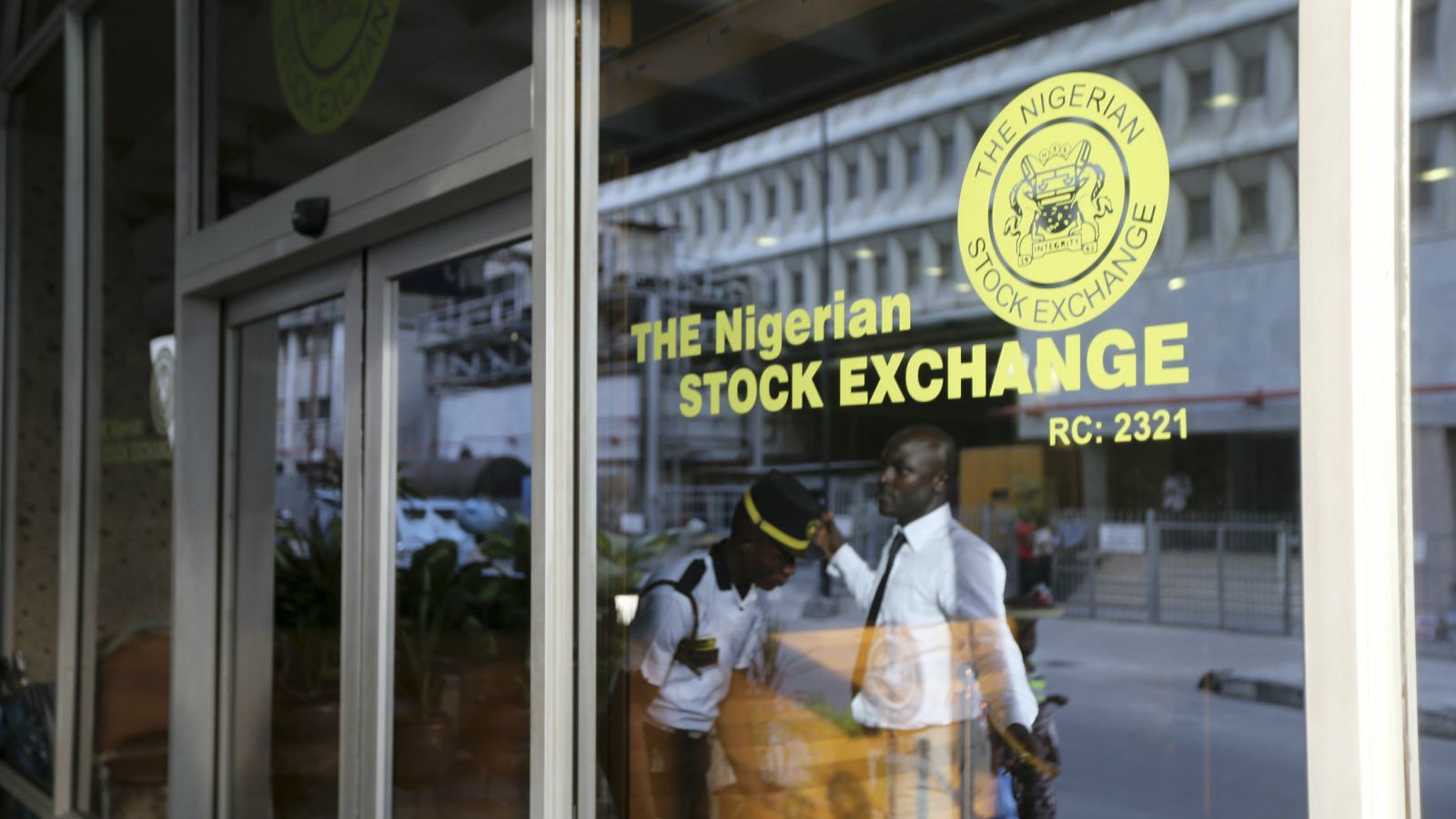- 116 Quoted Companies to Fall Under One-kobo Pricing Rules
More than two-thirds of quoted companies will come under the pricing band of one kobo. The Nigerian Stock Exchange (NSE) is set for the implementation of new pricing rules that will remove the current stop-gap that has supported stocks at their nominal value and allow shares of quoted companies to trade for as low as one kobo.
The NSE will begin the implementation of its amendments to the pricing methodology and par value rules on January 29. The Exchange will today begin a week-long intensive hands-on training for stockbrokers and dealers on the new pricing methodology in order to ensure a seamless transition on January 29, 2018.
Under the new pricing rules, share prices shall be allowed to trade as low as a floor price of one kobo. The new rules effectively remove the rule which places minimum allowable price to trade for any stock at its nominal value, irrespective of the market forces.
A classification guideline for the implementation of the new pricing methodology indicated that about 67 per cent of quoted companies will come under the immediate pricing band of one kobo, 27 per cent will come under a band of 5.0 kobo while the remaining 6.0 per cent will come under a band of 10 kobo.
The new rules stipulate that “notwithstanding its par value, the price of every share listed on the Exchange shall be determined by the market, save that no share shall trade below a price floor of one Kobo per unit”.
Par value is the nominal value of a share as stated in the Memorandum of Association of the company while price floor means the amount below which the price of one unit of a share shall not be permitted to trade, and the minimum amount which must be paid for a share in the event of a drop in the unit price of that share.
The amendments to the pricing technology at the stock market will see a categorisation of quoted companies under three groups with different pricing rules.
The tick size – the minimum price movement by which the price of a trading instrument can change, will also be lowered to as low as one kobo, although all quoted companies shall continue to trade within the current pricing band of 10 per cent maximum allowable change per day.
Under the new groupings and pricing rules, stocks under the first category – Group A, shall consist of large-cap equities that are priced at N100 per share or above for at least four of the last six trading months, or new security listings that are priced at N100 or above at the time of listing on the Exchange.
The second category – Group B, shall consist of medium – priced equities that are priced at N5 per share or above but less than N100 per share for at least four of the last six months, or new security listings that are priced at N5 per share or above but less than N100 per share at the time of listing on the Exchange.
The third category – Group C, where majority of listed companies fall, shall consist of equities that are priced at one kobo per share or above but below N5 per share for at least four of the last six months, or new security listings that are priced at one kobo per share or above but below N5 per share at the time of listing on the Exchange.
The new rules expectedly link price movements and minimum quantity of equities traded that will change the published price of an equity security. Stocks under Group A shall have price change with minimum of 10,000 units; stocks under Group B shall have price movement with a minimum of 50,000 units while stocks under Group C shall have price change with minimum volume of 100,000 units.
The tick size – the minimum price movement that any equity shall trade, shall also be linked to the groups. Group A will have a tick size of 10 kobo, Group B, five kobo while Group C will have a tick size of one kobo. This implies that the share price of each stock shall be allowed to move up or down in multiples of its tick size.
A breakdown at the weekend showed that 116 companies will be under Group C while 46 companies and 10 companies will come under Group B and Group A.
Companies that will fall under the Group C include ARBICO, BOC Gases, Ellah Lakes, Africa Prudential, Eterna, Nigerian Aviation Handling Company, Custodian And Allied, Interlinked Technologies, Fidson Healthcare, and Nigeria-German Chemicals.


 Forex3 weeks ago
Forex3 weeks ago
 Naira3 weeks ago
Naira3 weeks ago
 Billionaire Watch2 weeks ago
Billionaire Watch2 weeks ago


 Naira3 weeks ago
Naira3 weeks ago




 Naira2 weeks ago
Naira2 weeks ago




 Naira1 week ago
Naira1 week ago




 Naira4 weeks ago
Naira4 weeks ago
 Banking Sector4 weeks ago
Banking Sector4 weeks ago























